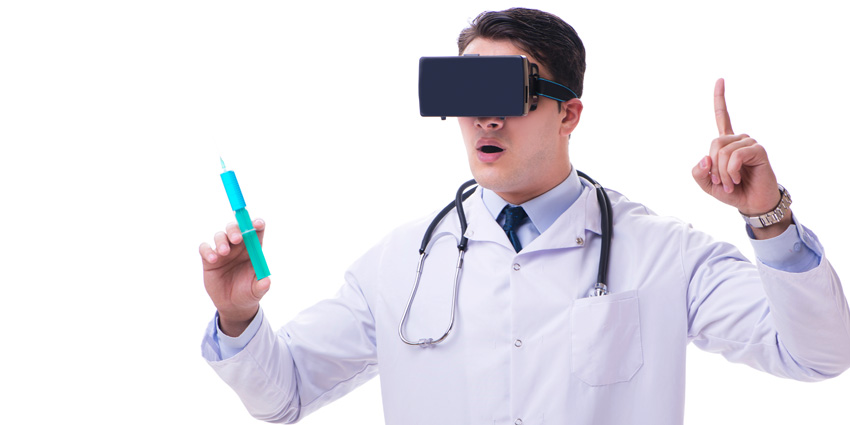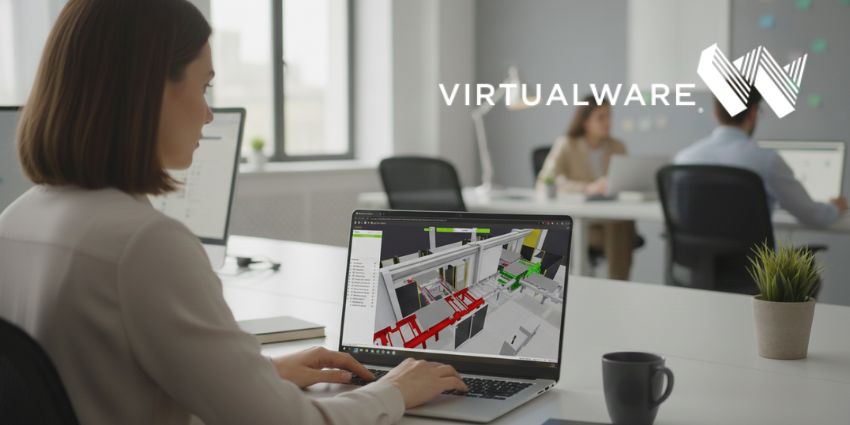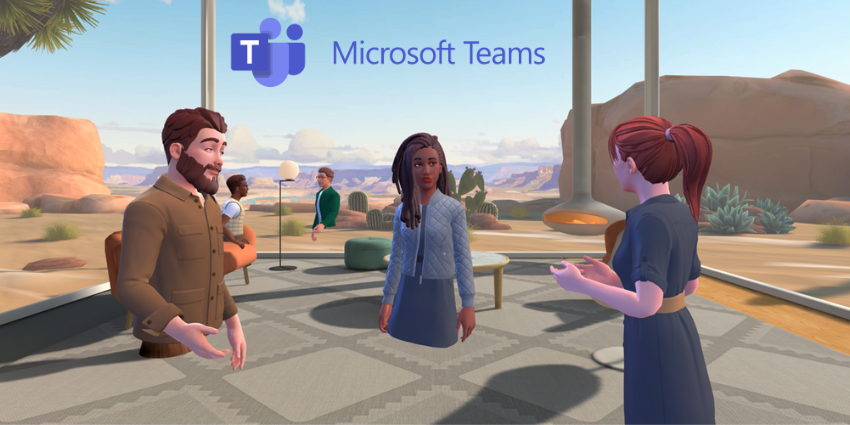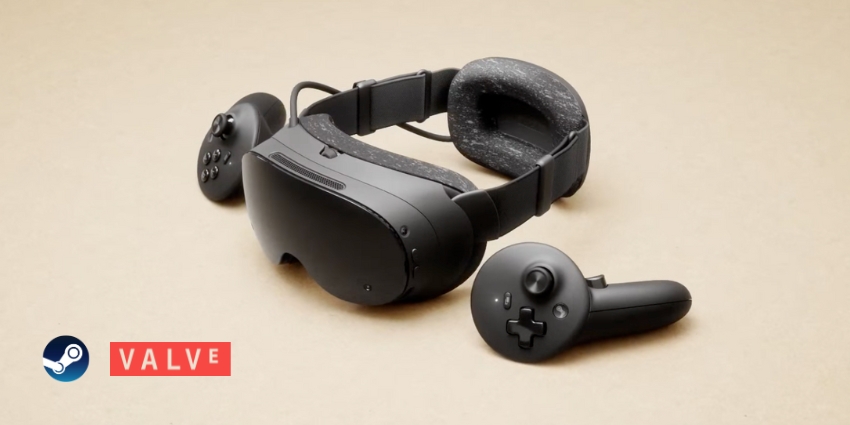The NHS recently launched a new VR treatment plan to help patients overcome their fear of needles.
With the most extensive vaccination program in British history currently underway, the country expects to immunize tens of millions of people by the spring at over 2,700 vaccination sites across the nation.
While many people are eager to get their jabs and prevent the deadly COVID-19 virus from spreading even further, it’s believed trypanophobia, or a fear of needles is causing problems for a significant number of patients across the country.
As a result, the NHS just launched a free treatment plan that utilizes virtual reality technology to help patients suffering from trypanophobia overcome their fears so they can receive their jabs without worry.
The treatment plan, developed by Vita Health Group for the Psious VR platform for treating mental health, incorporates 3D visualization to immerse patients within highly realistic virtualized simulations.
During these simulations, patients can train their brains to overcome their fear of needles via a combination of experiential learning exercises, breathing techniques, and stress management strategies.
The free VR sessions are available remotely to patients to access in the weeks leading up to their scheduled COVID-19 vaccination.
Commenting on the platform via this Medical Network Report, Vita Health Group Cognitive Behavioural Therapist, Vanessa Dodds, stated: “administering a Covid-19 booster and then annual vaccinations are probable, according to Britain’s vaccine deployment minister. Managing procedural distress with VR treatment can also provide long-term benefits by increasing compliance, thus reducing the likelihood of avoidance in the future.”
Suppose COVID-19 vaccinations are to become a regular process within our society in the future. In that case, this VR treatment platform from the NHS could become a crucially important tool for helping patients cope with the reality of having regular injections.
Virtual reality exposure therapy has already proved highly successful at treating war veterans and domestic abuse victims who have posttraumatic stress disorder, and people living with trypanophobia can now benefit immensely from that therapy too.
“VR is very effective at bridging the gap between real-life exposure and what the patient feels able to do at the time they enter treatment. It has been particularly useful for needle phobia because the process of preparing for and giving an injection is not something that can be replicated in a therapy room,” Dodds added.







